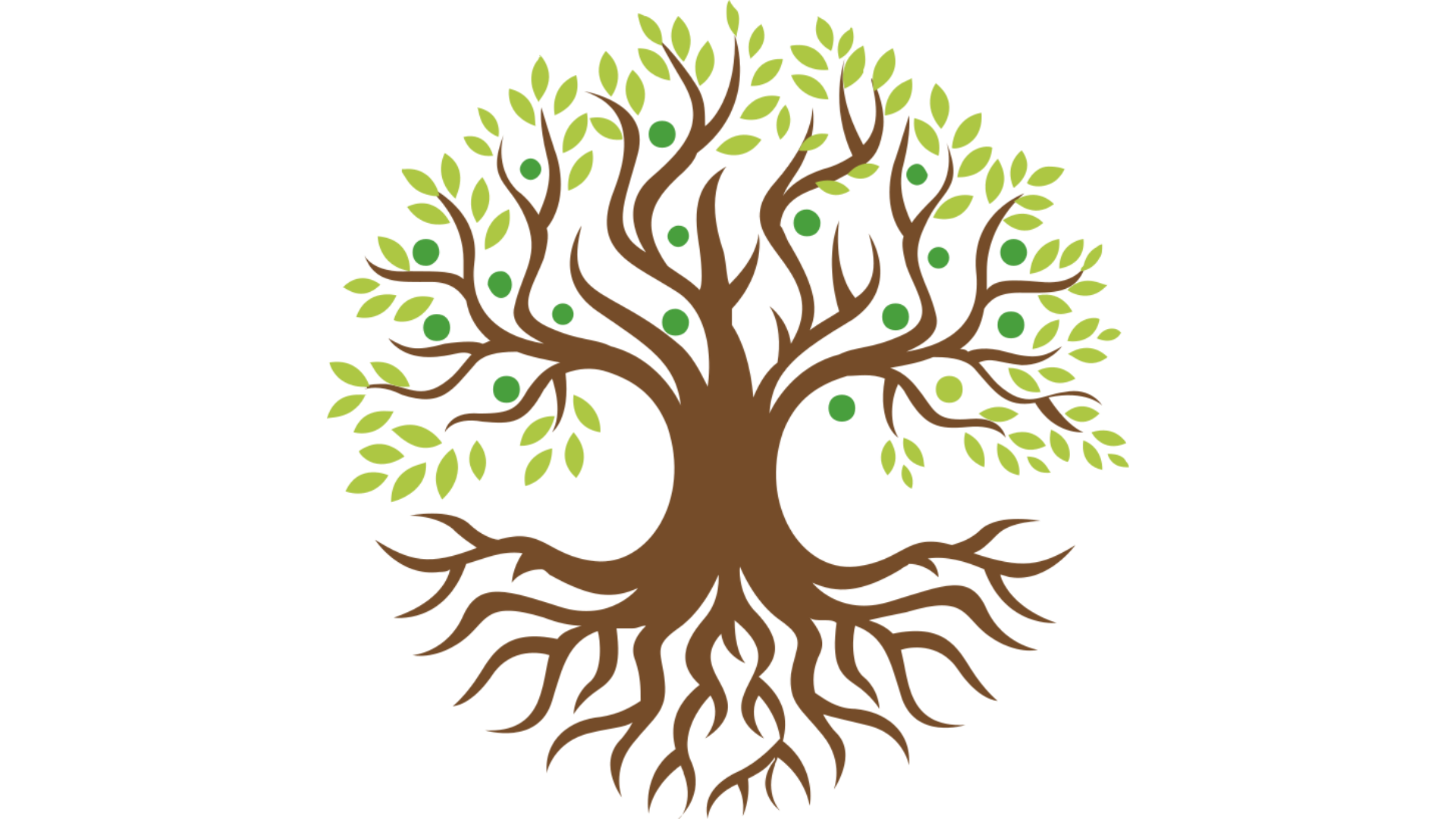Are your health issues related to lack of sleep?
Wondering if getting the elusive ‘recommended hours of sleep’ might be causing health issues? It might, if the answer is that you’re NOT getting ~ 8 hours of sleep nightly.
In Part I of this blog I covered some of the some frightening stat about health issues that can occur without proper sleep.
In Part II I covered solutions to the problem of not getting enough sleep.
Now let’s uncover the ways in which food can lull us to sleep!
Foods for Deep Sleep
1. Be sure to have a meal that includes protein and healthy fats. These nutrients prevent a drop in your blood sugar to support the production of the neurotransmitters that promote sleep.
2. Montmorency Tart Cherries. These cherries have 6 times the amount of melatonin than regular cherries and the juice concentrate will have even more.
3. Pumpkin Seed Powder, high in tryptophan, ½ cup with applesauce or another healthy carb allows the tryptophan to enter the brain more efficiently.
4. Pulque is an thousand-year-old native Mexican milk-colored alcoholic beverage made from the fermented sap of the maguey plant (a type of agave), and it is high in melatonin (recommended as an occasional solution)
5. Scottish Oatmeal, a cereal grain made from the herb Avena sativa, is known in traditional herbal medicine as a calming plant that is nutritious for a frazzled nervous system. Oats contain melatonin and healthy carbs, so about a cup of cooked oats is a perfect bedtime snack.
6. A serving of dairy (low-fat or fat-free, of course!). Dairy has the ‘trifecta’: carbohydrates, protein, calcium (calcium helps the brain use the tryptophan to manufacture melatonin)
Other key nutrients:
Studies suggest that B vitamins, calcium, magnesium, and omega-3 fats also may help promote good sleep, so be sure to include nuts, beans, whole grains, low-fat dairy, and fish in your everyday diet.
L- theanine 50-200 mg is an amino acid shown to boost your REM cycle.
Valerian, 200-800 mg, is an herb that aids in falling and staying asleep.
Temporarily, natural sleep aids such as melatonin, tryptophan, valerian or some calming aids like passionflower and theanine to help reset your body rhythms.
What NOT to eat?
To be sure, we can relax our body and minds with food, but cut back on:
• coffee
• caffeine-containing beverages
• alcoholic beverages
• spicy food that might cause indigestion
The elusive ‘good night’s sleep’ is not so impossible if you have some healthy night time rituals and eat foods that help the body rest.
Share what your experiences have been with sleeping (or not sleeping) and what you have done to have sweet dreams.
Remember, I can help you incorporate the foods into your life that help you meet your health and nutrition goals. Contact me to find out more about me and my programs.


